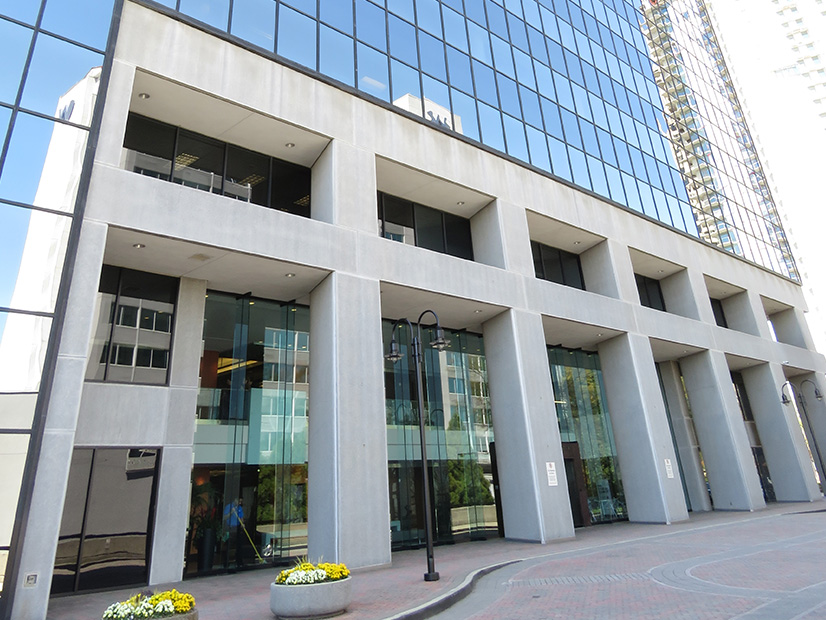NERC’s Standards Committee last week declined to advance a project to modify reporting requirements for cybersecurity incidents, seeking a fuller response to stakeholder criticism of the draft standard authorization request (SAR).
Project 2022-05 (Modifications to CIP-008 reporting threshold) aims to update reliability standard CIP-008-6 to “provide a minimum expectation for … the definition of attempt to compromise” as recommended in a NERC white paper published last year. The Standards Committee approved the draft SAR at its meeting in September and authorized its posting for a 30-day informal comment period, which ran from Nov. 2 through Dec. 5, 2022. (See NERC Staff, Stakeholders Feeling Work Crunch.)
NERC’s recommendation to the committee was to accept the revised SAR submitted by the SAR drafting team, but at last week’s monthly teleconference, several committee members objected to moving forward with the project as is. SPP’s Charles Yeung opened discussion on the measure by pointing out that respondents submitted “many negative comments about the scope” of the project. Although the initial comment period was informal and the SAR drafting team was not required to address comments in the final draft SAR, Yeung said it would be a mistake to move forward without considering the negative feedback.
“I know from the ISOs’ perspective, we felt that there [were] alternatives to CIP-008 revisions,” Yeung said. “I want to be sure that the Standards Committee is comfortable approving a SAR that had so many negative comments, and I believe … that the scope [of the project] is broad enough to be able to address all the concerns.”
Latrice Harkness, NERC’s director of standards development, told Yeung that the team “did review those comments … and determined that the SAR allowed the team multiple avenues to pursue the needed changes.”
Unsatisfied, Yeung responded that “there could be concerns further down the road … on what exactly is acceptable … because there [are] no real guardrails on how this will proceed.” He said he hoped for “a way for those concerns to be re-elevated during the drafting process and … have them addressed individually.”
Other participants sided with Yeung; Philip Winston, formerly of Southern Co., said the thought of giving the SAR drafting team too much freedom to define the project’s scope made him “uncomfortable” and that the SAR should be sent back to the team for refinement. Yeung proposed postponing approval of the SAR indefinitely and requesting the drafting team address their concerns in a response. This motion passed unanimously.
Formal Comments for Facility SARs
Members also voted to modify a proposal to accept two SARs for modifying NERC’s facility ratings standards, though in this case they did agree to move the SARs through to the next development stage.
The proposed SARs were proposed by NERC’s System Planning Impacts from Distributed Energy Resources Working Group and endorsed by the Reliability and Security Technical Committee at its last meeting in March. (See NERC RSTC OKs Standards Projects, Reliability Guidelines.) They are intended to modify existing reliability standards FAC-001-4 (Facility interconnection requirements) and FAC-002-4 (Facility interconnection studies) to require more consideration of potential reliability impacts from distributed energy resources (DER) before they are integrated to the electric grid.
Michael Jones of National Grid pointed out that because the proposal concerns DERs it could be seen as “reaching down into distribution,” and therefore concerns a wider array of industry players than measures that affect only the transmission system. As a result, he moved for the standard informal comment period to be replaced with a formal period that would obligate the SAR drafting team to respond to comments.
Jones said this idea would “help build consensus and save time during the actual development process” because the team would be aware of potential objections ahead of time, rather than having them emerge during later ballot periods. His motion, which passed unanimously, allowed solicitation of SAR drafting team members in addition to posting the SARs for a formal comment period.


